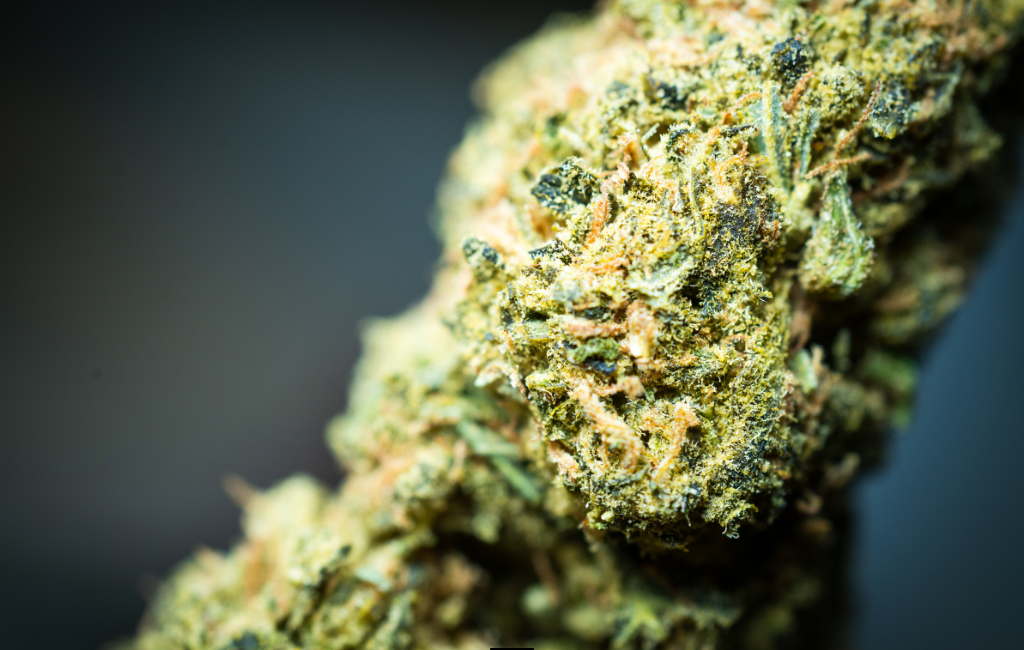THCA Flower: Benefits Health Wellness

-
Table of Contents
THCA Flower: Benefits Health Wellness
In recent years, the cannabis industry has seen a surge in interest surrounding various cannabinoids and their potential health benefits. One such cannabinoid that has garnered attention is THCA (tetrahydrocannabinolic acid). Unlike its more famous counterpart THC (tetrahydrocannabinol), THCA is non-psychoactive, meaning it does not produce the “high” associated with cannabis use. This article explores the benefits of THCA flower for health and wellness, supported by research, examples, and case studies.
Understanding THCA
THCA is a naturally occurring compound found in raw and live cannabis plants. It is the precursor to THC and converts to THC when exposed to heat through a process called decarboxylation. This conversion is why raw cannabis does not produce psychoactive effects. THCA is typically found in higher concentrations in fresh cannabis flowers and leaves.
Non-Psychoactive Nature
One of the primary reasons for the growing interest in THCA is its non-psychoactive nature. This makes it an attractive option for individuals seeking the therapeutic benefits of cannabis without the mind-altering effects. This characteristic opens up possibilities for a broader range of users, including those who may be sensitive to THC or prefer to avoid its psychoactive properties.
Health Benefits of THCA Flower
Research into the health benefits of THCA is still in its early stages, but preliminary findings and anecdotal evidence suggest several potential advantages:
- Anti-Inflammatory Properties: Studies have indicated that THCA may possess anti-inflammatory properties, making it a potential option for managing conditions such as arthritis and other inflammatory diseases.
- Neuroprotective Effects: Research suggests that THCA may have neuroprotective properties, which could be beneficial for neurodegenerative diseases like Alzheimer’s and Parkinson’s.
- Anti-Nausea and Appetite Stimulation: THCA has shown promise in reducing nausea and stimulating appetite, which can be particularly helpful for patients undergoing chemotherapy or those with eating disorders.
- Antioxidant Properties: THCA may act as an antioxidant, helping to protect cells from damage caused by free radicals.
Case Studies and Examples
Several case studies and anecdotal reports highlight the potential benefits of THCA flower:
- Arthritis Relief: A patient with rheumatoid arthritis reported significant pain relief and reduced inflammation after incorporating THCA-rich cannabis juice into their daily routine.
- Parkinson’s Disease Management: An individual with Parkinson’s disease experienced improved motor function and reduced tremors after using THCA tinctures.
- Chemotherapy Support: A cancer patient undergoing chemotherapy found that THCA helped alleviate nausea and improved their appetite, contributing to better overall well-being.
How to Use THCA Flower
There are various ways to incorporate THCA flower into a wellness routine:
- Raw Consumption: Consuming raw cannabis leaves or flowers in smoothies or salads can provide a direct source of THCA.
- Juicing: Juicing fresh cannabis leaves and flowers is a popular method to obtain THCA without the psychoactive effects of THC.
- Tinctures and Oils: THCA tinctures and oils can be taken sublingually or added to food and beverages for easy consumption.
- Topicals: THCA-infused creams and balms can be applied directly to the skin for localized relief from pain and inflammation.
Research and Future Directions
While the current body of research on THCA is promising, more studies are needed to fully understand its potential benefits and mechanisms of action. Ongoing research aims to explore the therapeutic applications of THCA in greater detail, including its effects on various medical conditions and its potential as a preventive health measure.
Challenges and Considerations
Despite the potential benefits, there are challenges and considerations when using THCA flower:
- Legal Status: The legal status of THCA and cannabis products varies by region, so it is important to be aware of local regulations.
- Quality and Purity: Ensuring the quality and purity of THCA products is crucial, as contaminants can affect their safety and efficacy.
- Individual Responses: As with any supplement or medication, individual responses to THCA can vary, and it may not be suitable for everyone.
Conclusion
THCA flower presents a promising avenue for those seeking the therapeutic benefits of cannabis without the psychoactive effects of THC. Preliminary research and anecdotal evidence suggest that THCA may offer anti-inflammatory, neuroprotective, anti-nausea, and antioxidant properties. As research continues to evolve, THCA could become a valuable component of health and wellness routines. By exploring various methods of consumption and staying informed about legal and quality considerations, individuals can make informed decisions about incorporating THCA into their lives.